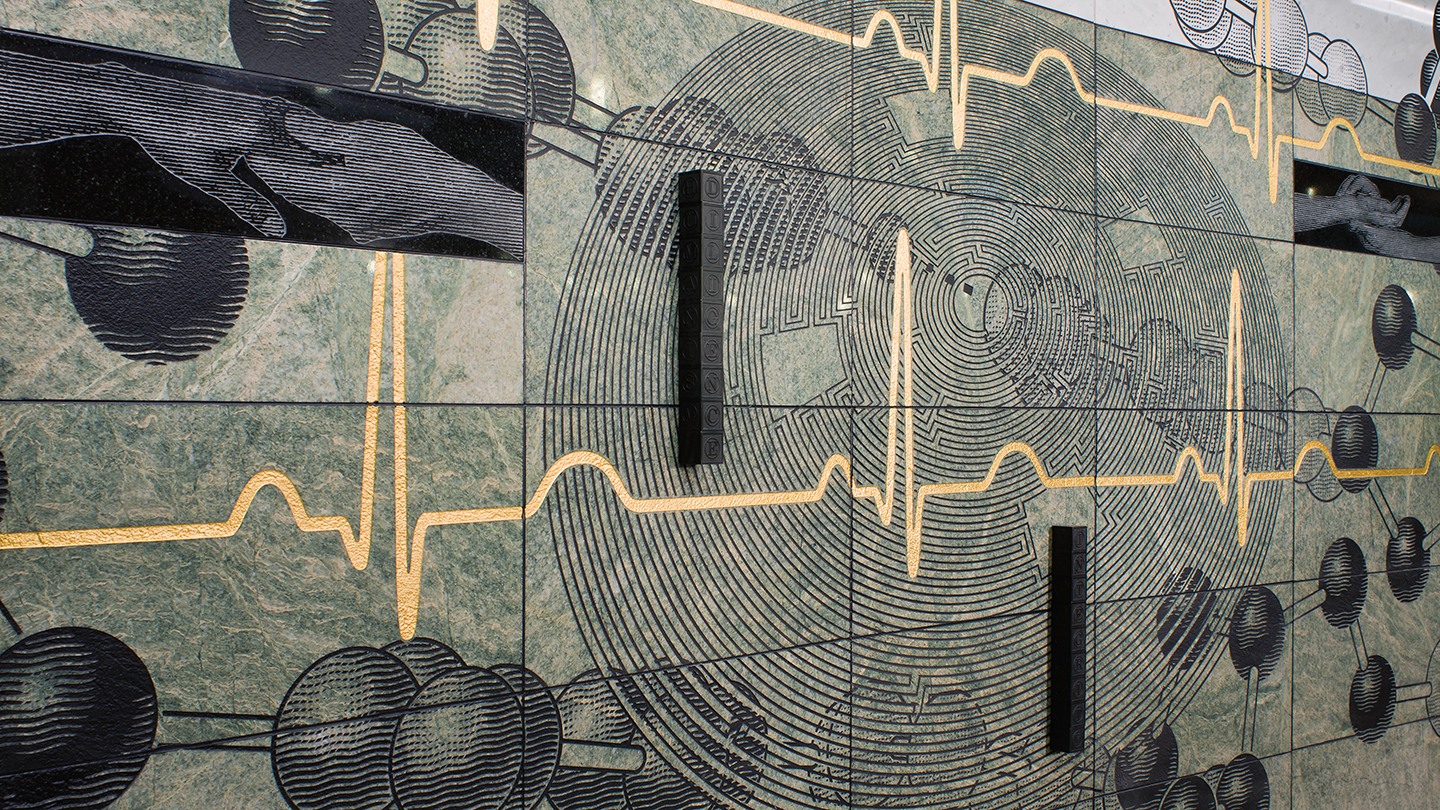This^^^^^. Also, and please don't take this the wrong way, because most schools do this, but realize WashU is shading its reported data. Reapplicants have a lower acceptance rate for reasons that might seem obvious, but WashU is only reporting first time acceptance rates (no doubt in order to boost its reported numbers) while the data provided by AAMC (and to which
@LizzyM cites) reports ALL applicants, not just first timers, so the AAMC data will be lower by definition.
I'm not sure where you are getting your numbers from, but 520 is 98%-ile in 2020, and the WashU admit number for that GPA/MCAT combo is 80%, not 91% (from 2014 through 2018). HUGE difference!!!
Given how admissions are just more and more competitive every year, the odds are very high the WashU 2019-20 number is below even the reported 80%. Suffice it to say the 69%/91% comparison is apples to oranges, to the extent it is valid at all. My money is on the bump being nonexistent, other than to the extent a 3.4 from WashU is just a stronger candidate, with stronger research, ECs and MCATs, than a generic candidate from a random school with the same GPA.
If their numbers were so great, why massage them by filtering out reapplicants, and by parsing the MCAT percentiles so finely so as to make a direct comparison to the AAMC numbers impossible?


